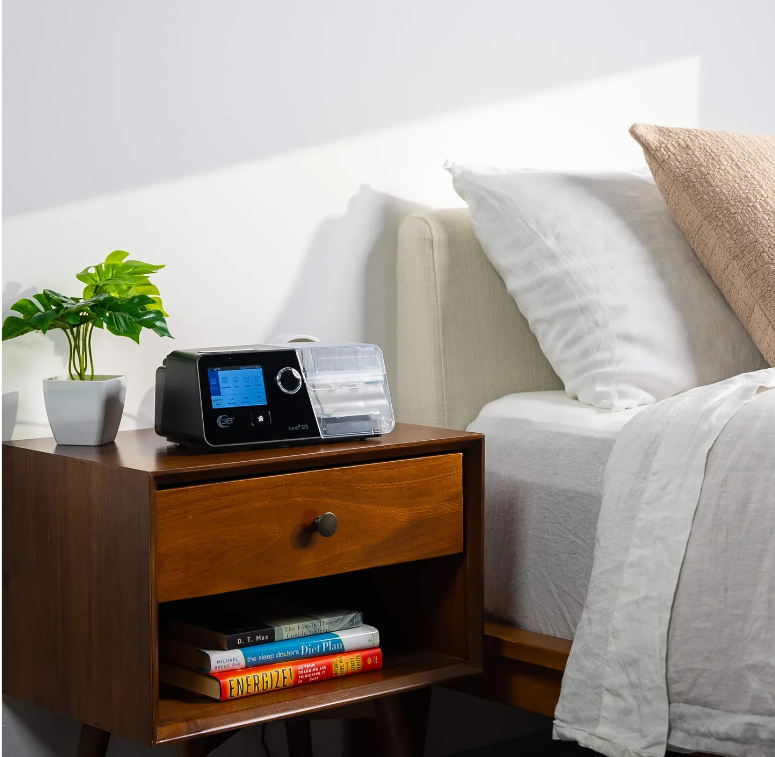What We Offer – CPAP Equipment & Supplies
We carry a full line of CPAP, BiPAP, and ASV therapy devices and accessories to keep your treatment on track:
- CPAP, BiPAP, and ASV Machines (including Luna & DreamStation)
- Portable Travel CPAP Units
- CPAP Masks (Full Face, Nasal, Nasal Pillows)
- Humidifiers and Water Chambers
- Heated & Standard Tubing
- Disposable & Reusable Filters
- Cushions, Chin Straps, and Headgear
Recommended Replacement Schedule
(May vary by insurance provider — we verify coverage for you!)
Easy Ordering & Refill Options
Reordering your PAP supplies is simple, with auto-shipping every 90 days so you never miss a night of therapy.
To Order or Refill CPAP Supplies:
📱 Text “DME” to (703) 729-3420 ext. 120
📧 Email: [email protected]
📞 Call: (703) 729-3420
We take care of your insurance approvals, compliance data, and required paperwork.


